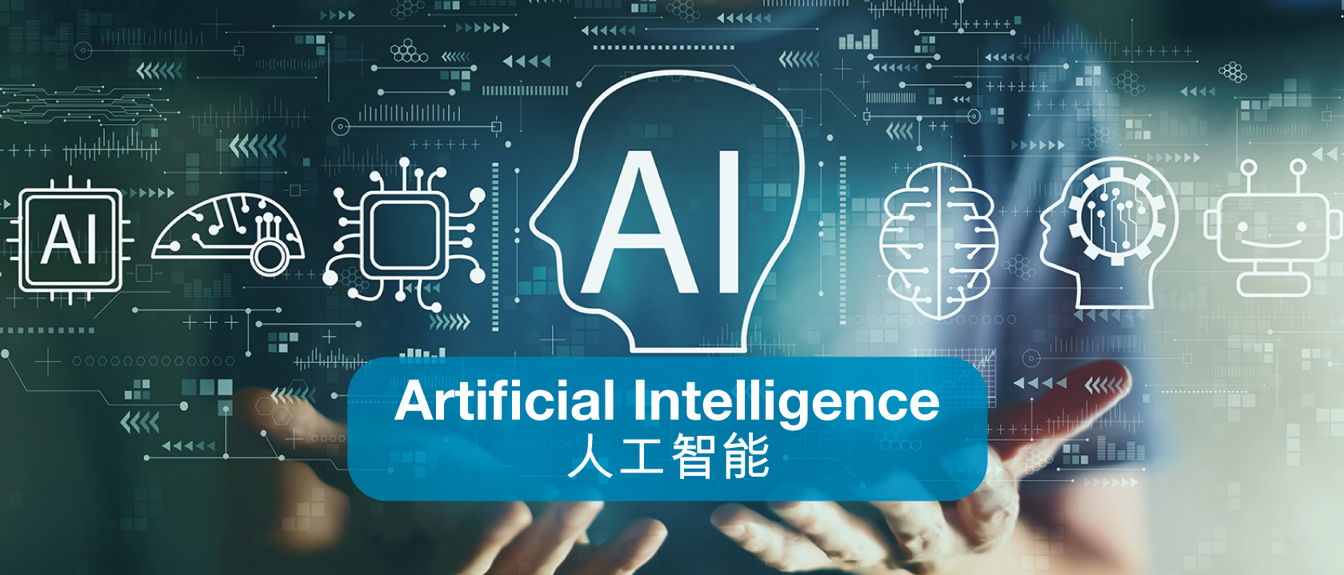
Reinterpreting Assessment and Educational Policies with Generative AI
Main Stage
Overview
The rise of generative AI in education has ushered in a new era of possibilities, but also challenges, particularly in terms of maintaining academic integrity, fostering genuine learning, and developing AI literacy. This keynote address will focus on three intertwined concepts: AI-plagiarism, AI-guilt, and the necessity for assessment literacy in the age of AI-enhanced education.
AI-plagiarism — where students use AI tools to generate content without proper attribution — has sparked widespread concern about the authenticity of student work. Traditional plagiarism detection methods struggle to keep up with AI’s evolving capabilities, prompting a critical need for redefined educational policies that account for generative AI's role in learning processes. This keynote will explore AI-plagiarism, focusing on fostering responsible AI use while maintaining academic rigor.
Accompanying this is the concept of AI-guilt, where students and educators experience moral discomfort or anxiety over the use of AI, questioning whether relying on these tools compromises their authenticity or intellectual effort. The keynote will discuss findings from recent studies that highlight how AI-guilt impacts student motivation, engagement, and identity, particularly in the context of reflective writing and critical thinking assessments.
Lastly, we will explore the importance of assessment literacy in equipping both educators and students to navigate this AI-driven landscape. As AI becomes increasingly integrated into education, a deeper understanding of how to design assessments that are both AI-proof and AI-inclusive is crucial. This session will propose strategies to enhance AI literacy, ensuring assessments foster genuine learning, critical thinking, and creativity, while preparing institutions to reshape their educational policies around these transformative tools. The keynote will provide actionable insights on how to leverage generative AI responsibly, ensuring that both students and educators benefit from its capabilities without compromising the integrity of education.


